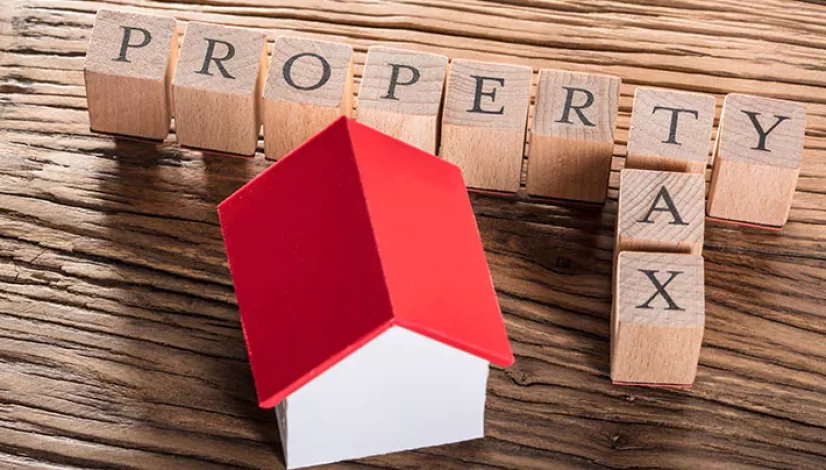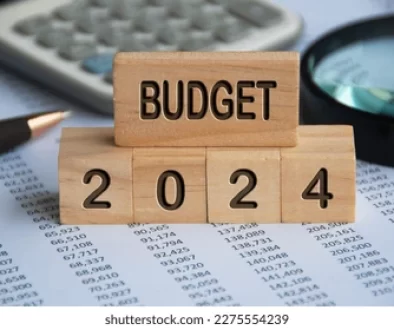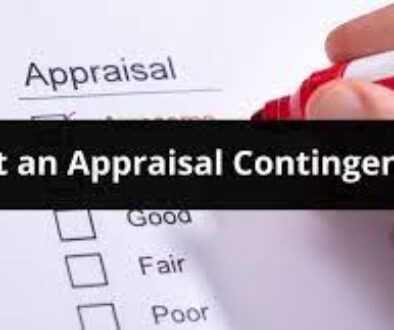Property Taxes
Property taxes
What Is A Property Tax?
Property tax is a tax levied by your local and state governments. It’s based on the value of your property. The tax proceeds are used to cover taxpayer services, like public schooling and fire, police and public safety.
Real Estate Taxes Vs. Property Taxes
Property taxes and real estate taxes are interchangeable terms. The IRS calls property taxes real property taxes, but they are the same in all aspects. However, personal property taxes refer to taxes on movable property, like vehicles.
Do You Pay Property Taxes Monthly Or Yearly?
Every homeowner pays taxes based on their home’s value and the property tax rates for the county or city. Most areas charge property taxes semiannually, and you pay them in arrears. For example, in 2021, you’d pay the property taxes for 2020.
Some homeowners pay their property taxes on a monthly basis through an escrow account. In this case, the mortgage lender will include a portion of your tax bill in your monthly mortgage payment. The funds earmarked for taxes will sit in an escrow account until a payment is due. At that point, the property tax bill will be paid from your escrow account.
How To Calculate Property Taxes
Depending on where you live, property taxes are typically calculated by multiplying the property’s assessed value by the local tax rate. However, the exact process used by your local government will be determined by your state and county.
You can take a closer look at the process in our step-by-step guide below.
1. Determine The Assessed Value Of The Property
Property taxes are based on the assessed value of your home. An assessor from your locality will determine the assessed value of your home based on the value of similar homes in the area, market conditions and square footage. Some municipalities will order an appraisal of your home to land on an assessed value.
Notably, the assessed value doesn’t match the home’s market value or appraised value. Instead, the local government will likely take a percentage of this standardised value to determine the home’s assessed value. The percentage they use is called the assessment ratio or the percentage of the home’s value that’s taxable. The ratios vary drastically around the country.
For example, if your home’s market value is $300,000 and your local government taxes 60% of the value, the assessed value would be $180,000 rather than $300,000. The assessed value will serve as the base for your tax obligations.
2. Deduct Qualifying Exemptions
Most areas offer property tax exemptions. Generally, an exemption makes it easier for homeowners to afford their property tax bill. For some homeowners, the right exemption could lead to having no property tax bill at all.
As a homeowner, it’s worthwhile to scope out any potential exemptions you might qualify for. In the following sections, you’ll find information about some of the most common property tax exemptions:
Homestead Exemptions
Most areas offer a homestead exemption or a discount for living in the property full-time. You won’t qualify for this exemption if you use the home as a vacation or investment home.
Senior Citizen Exemptions
Many areas offer a senior citizen exemption which either discounts real estate taxes or freezes them at a specific rate. To qualify, you usually have to be of a particular age and live in the property full-time. This can be especially helpful if you’re on a fixed income.
Homeowners With Disabilities Exemptions
If you’re a disabled homeowner (veteran or not), you may be eligible for an exemption that either reduces your tax liability or eliminates it. Every government has different rules and different exemptions based on the severity of your disability.
Veteran Exemptions
Veterans and active-duty service members who live in a home full-time might qualify for property tax exemptions. Check with your local and state government to see if you qualify for this type of exemption.
3. Apply Your Municipality’s Millage Rate
You’ll typically see property taxes noted as millage rates. A mill rate is a tax you pay per $1,000 of your home’s value. With a $0.001 mill rate, you’ll pay $1 for every $1,000 in home value.
It sounds complicated, but here’s a simple formula. Find out your county’s mill rate and divide it by 1,000. Next, multiply your home’s assessed value (not appraised value) by the mill rate, and that’s your property tax liability.
Property Tax FAQs
You have questions about property tax. We have answers.
How do I pay my property taxes?
Every county has different rules when collecting tax payments. Some localities collect them annually, while others require payments quarterly or semi-annually. You might choose to make a direct payment in full by the due date or establish an escrow account for your tax bill. The escrow account will hold an earmarked portion of your monthly mortgage payment until the tax bill is due.
What if I disagree with my property tax bill?
If you don’t agree with the amount of your property tax bill, you can appeal it. Every locality has a different procedure for appeals. Some require them in writing, and others require an appeal in person. Check your locality’s website to determine the procedures and any applicable deadlines for your area.
What happens if I don’t pay my property taxes?
If you don’t pay your taxes, the county can put a lien on your property. This means they have the first claim to the proceeds when you sell the home unless you settled the lien before you sold the home.
Can I deduct my property taxes from my federal income taxes?
As of writing, you can deduct real estate taxes from your federal income taxes, if the property taxes were levied for the general public welfare. But the rules surrounding this type of deduction can change. Be sure to consult a tax professional before pursuing property tax reductions




